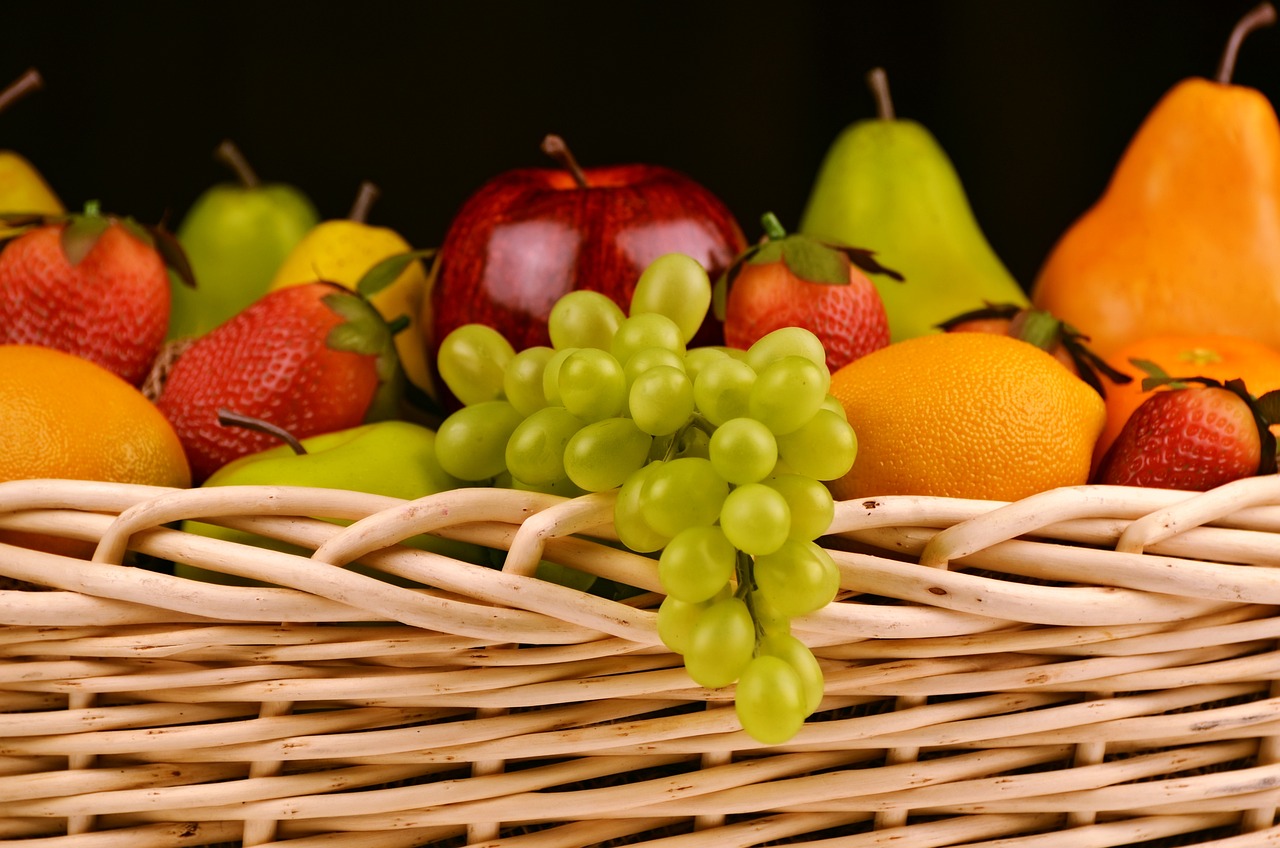Mental Health
Eating More Fruits Could Lower Depression Risk, Study Finds

fruit basket | (Photo : Image by diapicard from Pixabay)
Mounting evidence shows the significance of dietary habits, particularly increased consumption of fruits and vegetables, in potentially reducing the risk of depression, according to a recent study led by Annabel Matison, a Postdoctoral Fellow at UNSW Sydney's Centre for Healthy Brain Ageing (CHeBA).
Addressing a notable gap in research evidence concerning older adults and individuals in low- to middle-income countries, Matison and her team embarked on groundbreaking research to investigate the relationship between fruit and vegetable intake and depression risk among adults aged 45 years and older.
"Compared with depression in younger adults, depression in older adults has a greater impact on physical performance and cognition and is associated with lower quality of life and higher death rate," Matison noted, according to Mirage News.
Spanning multiple regions across six continents, including the United States, Sweden, Brazil, Nigeria, Malaysia, and Australia, the study encompassed data from ten longitudinal studies, all part of the CHeBA-led Cohort Studies of Memory in an International Consortium (COSMIC).
Published in the Journal of Affective Disorders, the research analyzed data from 7,801 community-based adults without depression, revealing a noteworthy association between higher fruit intake and a reduced risk of depression over a nine-year period.
Matison stressed the importance of dietary considerations in healthcare, particularly in light of the observed protective association between fruit intake and depression risk.
"This interesting finding of a protective association between fruit intake and risk of depression demonstrates a need to give a greater emphasis to diet in healthcare," she said.
While the study suggested potential benefits for vegetable consumption, the results did not achieve statistical significance, possibly due to differences in nutrient content between cooked vegetables and raw fruits.
"The reason we found a beneficial relationship for fruit, but not vegetable intake, may be that vegetables are typically consumed cooked, which may impact their nutrient content, whereas fruit is generally consumed raw," Matison explained.
Fruit and vegetable intake was self-reported through comprehensive food frequency questionnaires, short food questionnaires, or diet histories, while depressive symptoms were assessed using validated measures. The study suggests that antioxidants, dietary fiber, and vitamins found in fruits and vegetables may influence depression risk through various mechanisms such as inflammation, oxidative stress, and the gut microbiota.
Professor Henry Brodaty, CHeBA Co-Director and co-author of the research, advocates for future studies to explore different types of fruits and vegetables and their impact on depression risk, especially in low- and middle-income countries. Brodaty highlighted the potential of genetic research to influence dietary habits and promote fruit and vegetable consumption for improved mental well-being.








Join the Conversation